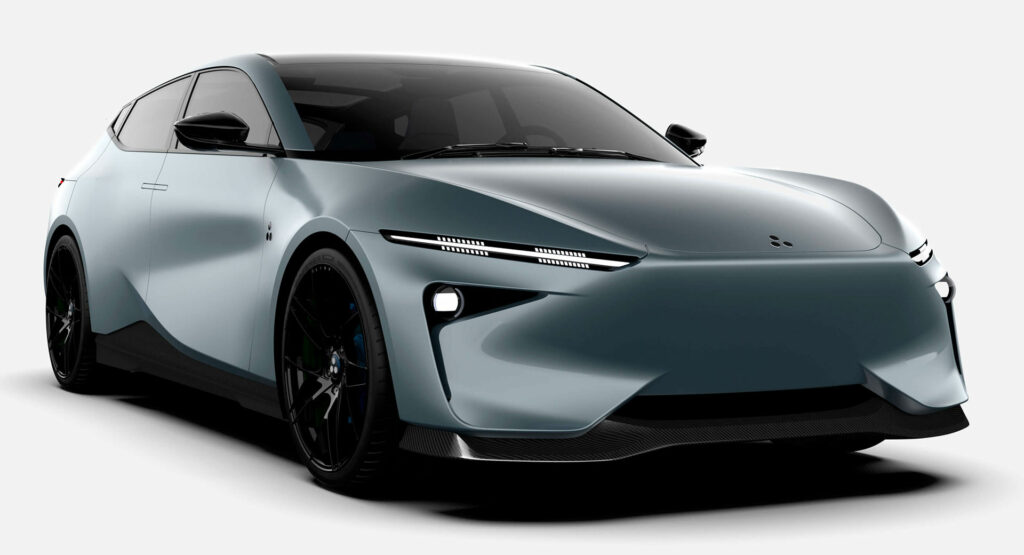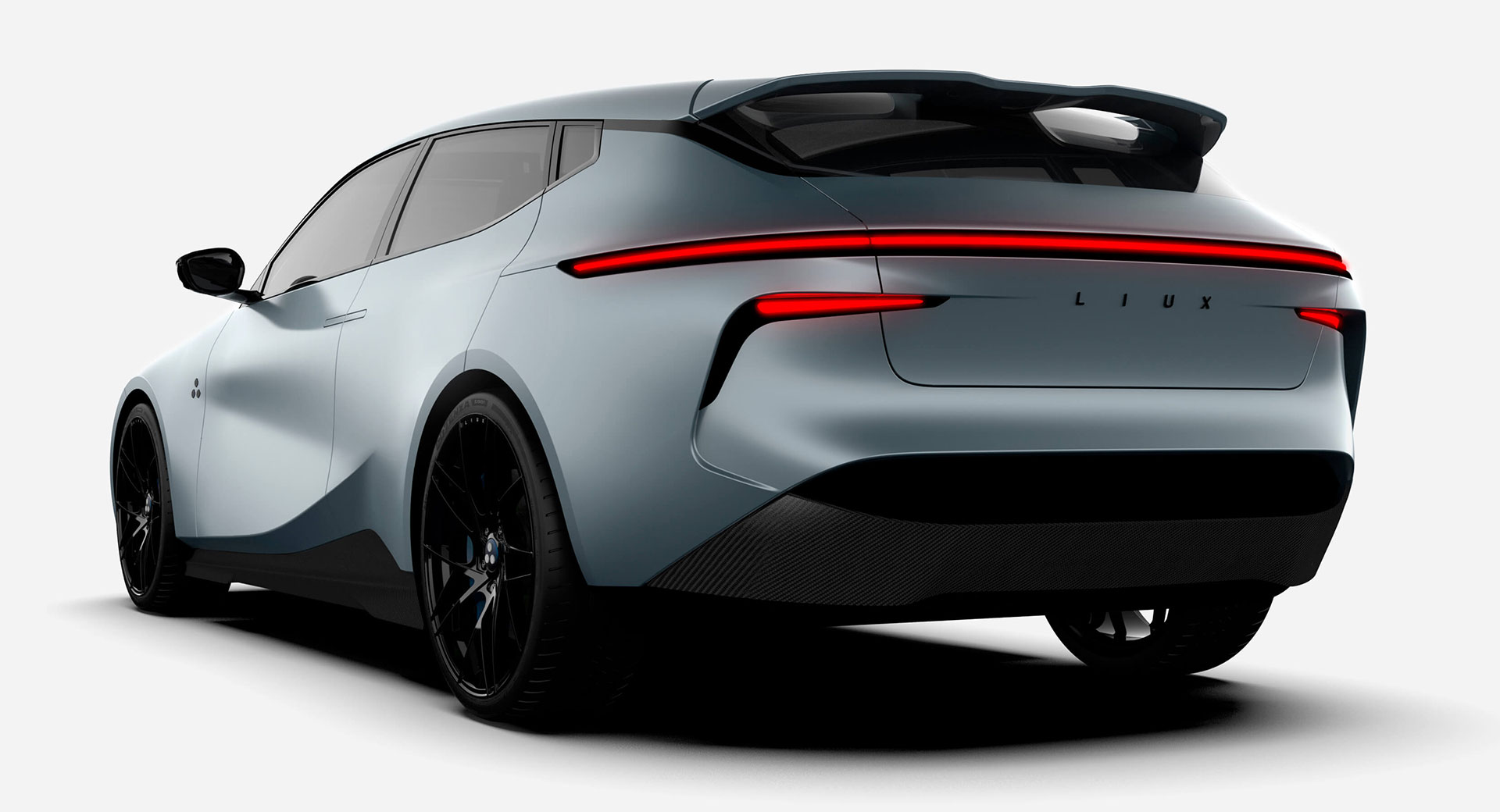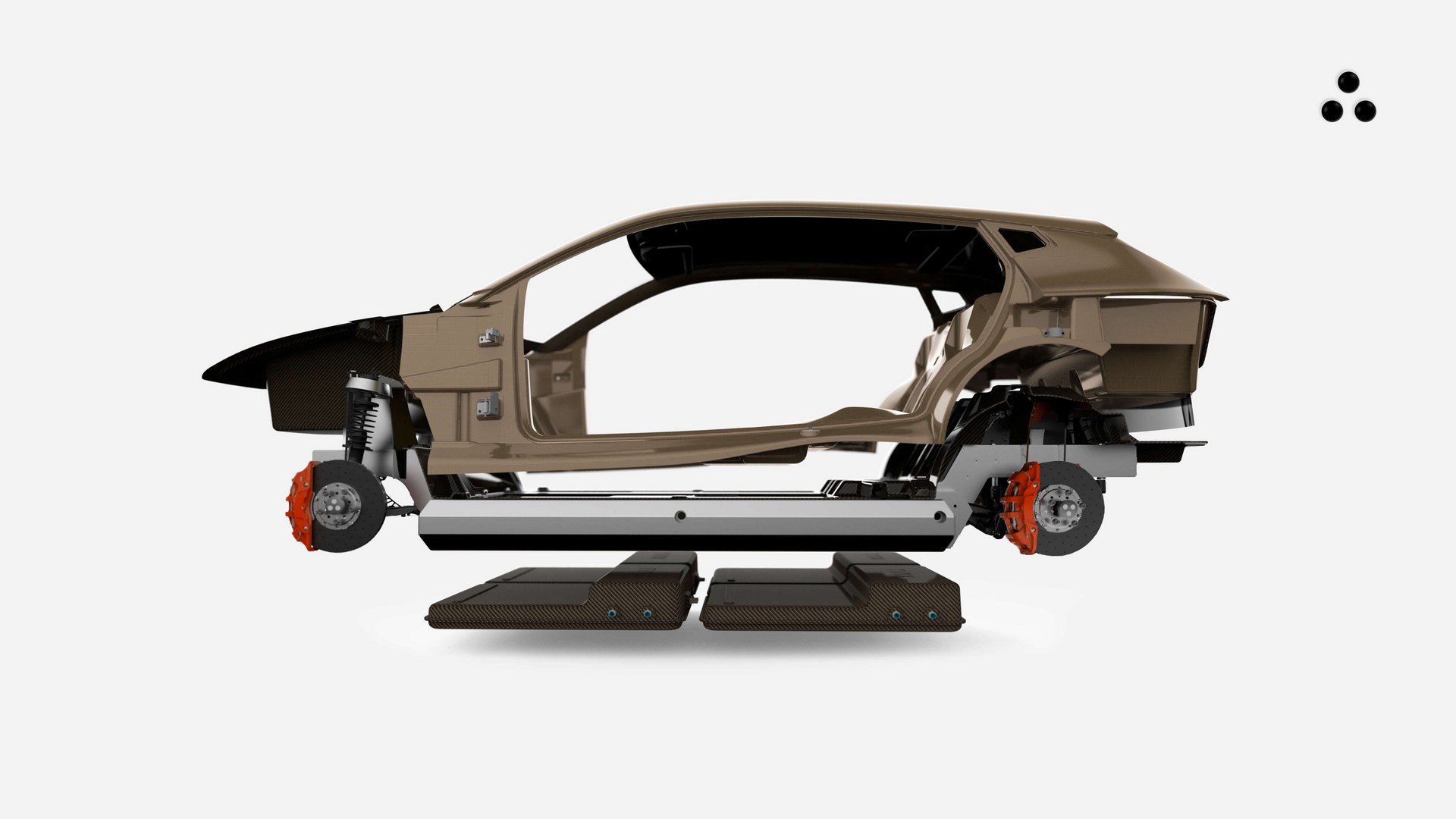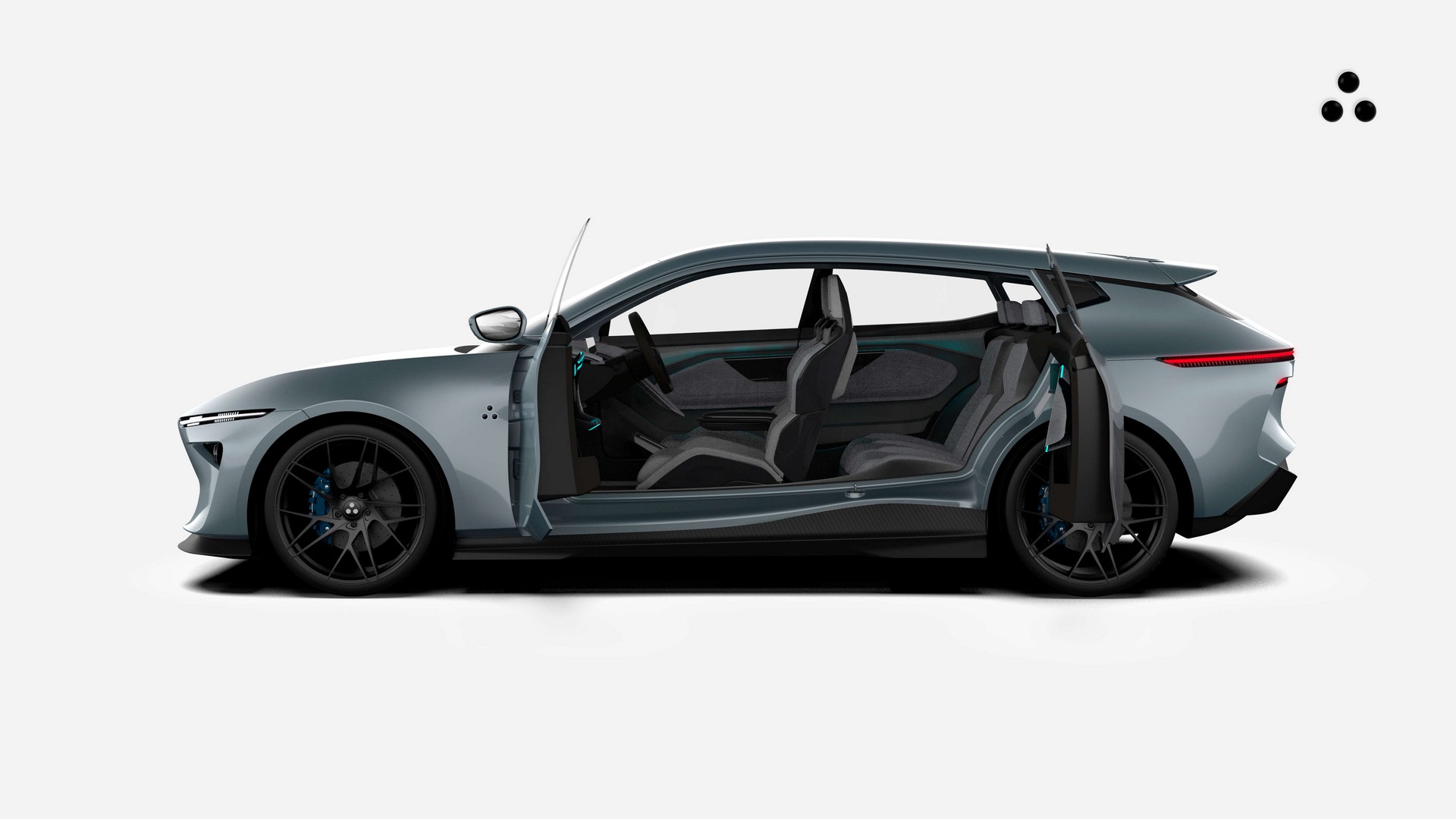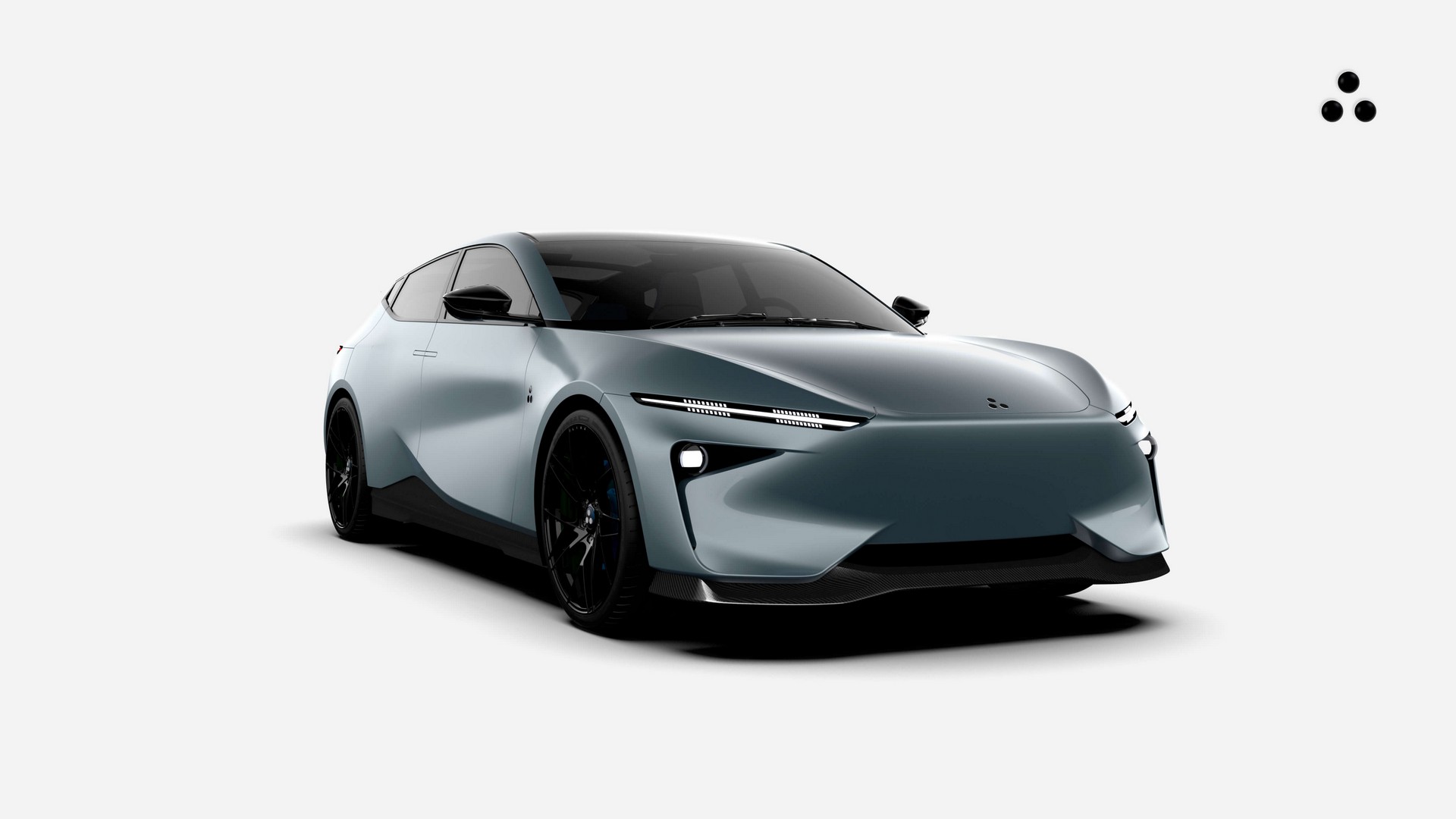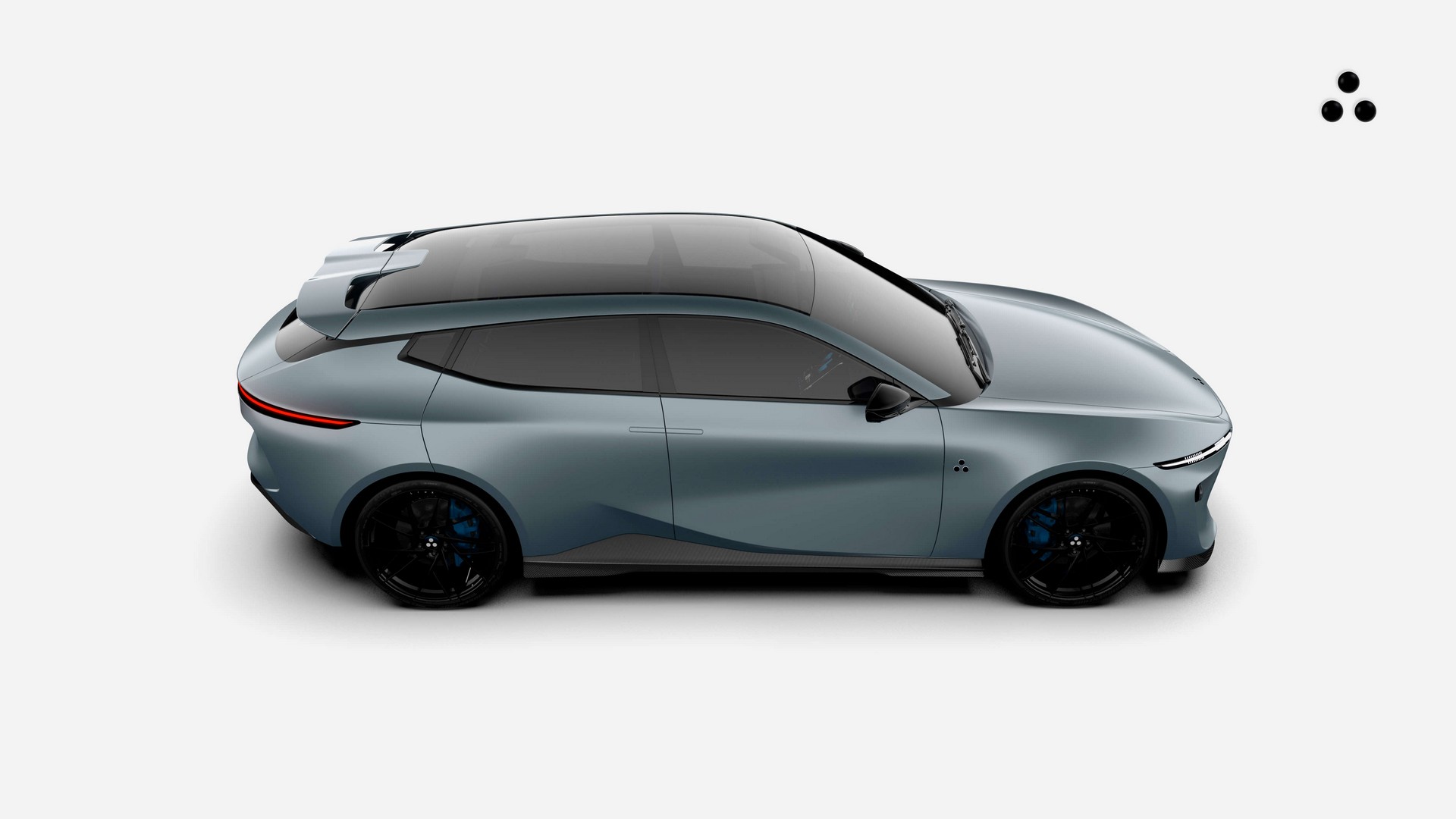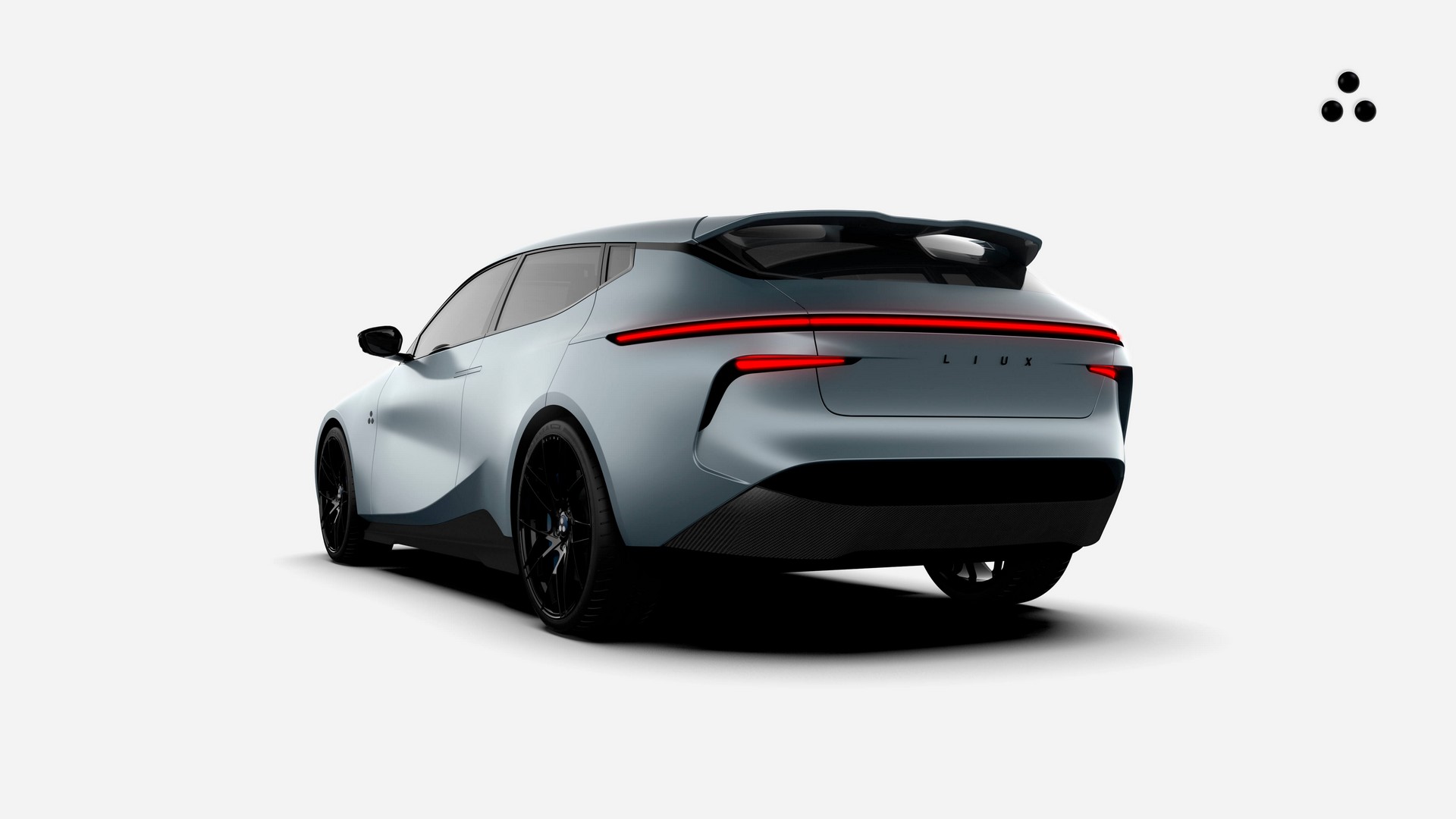A new automotive startup has emerged on the scene and unless you’re always in tune with the industry, you’ve probably never heard of it. The company, dubbed Liux and based in Spain, was only formed in March 2021 and is in the early stages of developing an EV it dubs ‘Animal.’
Liux has been slowly growing its team over the past 18 months and is developing a prototype using funds from an investment round in December 2021. It pitches itself as a sustainable automotive company with a “mission to build a better world through a new sustainable movement.”
While the Animal is still in its early stages, 90 per cent of its materials will either be recycled or plant-based. For example, the outer skin, interior, and parts of the chassis are built from bio-polymer based on organic fibers and resins. It will also have what Liux describes as an “amphibian skin” that uses cork, linen, reinforced linen, primer, and paint.
Read: Scout Motors Give New Look At Upcoming SUV Concept, Production Slated For 2026
Liux is aiming for the Animal to feature a single rear-mounted electric motor churning out up to 237 hp, allowing the sleek crossover to hit 60 mph (96 km/h) in 5 seconds and continue through to a claimed top speed of 124 mph (200 km/h). While it remains unclear where the company will source its battery cells from, it asserts that it will use modular battery pack that can be added, removed, replaced, and upgraded with ease. The Animal will offer up to 170 kW of battery capacity and be good for as much as 600 km (373 miles) on a single charge.
From a design perspective, the Animal has a dynamic front fascia with striking LED headlights and fog lights, as well as a sculpted area where the grille of an ICE vehicle would sit. The sleek, low-riding crossover is a four-door, complete with rear suicide doors, and also sports door handles that sit flush with the bodywork. We’re particularly fond of the rear fascia thanks to the prominent LED light bar, secondary LED lights, and the spoiler stretching off from the roof.
Like so many other new vehicles out there, the interior of the Animal will be dominated by screens and Liux says its in-house artificial intelligence engines will allow the EV to be continually approved. It will also feature an Android Automotive operating system.
Liux plans to use 3D printing extensively in the manufacturing of the EV.
The first variant to hit the market will be known as the Habitat Edition, available from €39,000 (the equivalent of $40,274 at current exchange rates). Reservations are currently open for this model on the company’s website. It promises 190 hp, a 180 km/h (112 mph) top speed, and 300 km (186 miles) of range. It will be available from Q1 2024.



